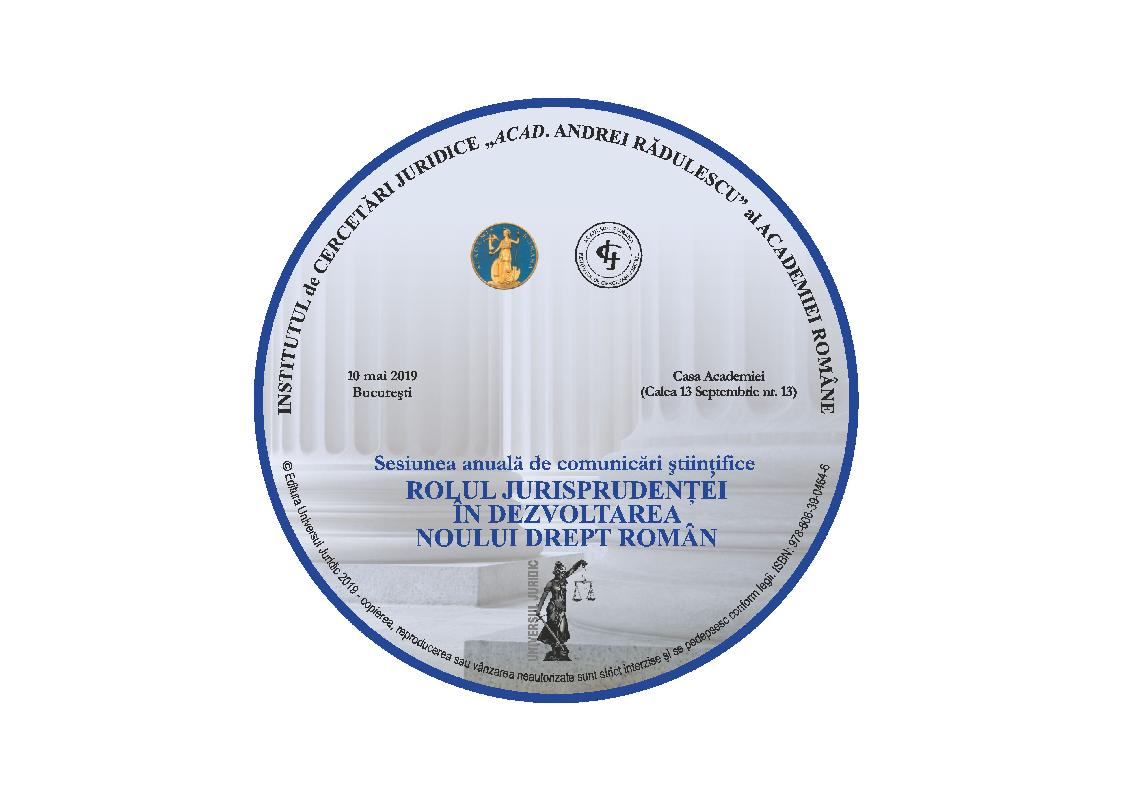ASPECTE TEORETICE ȘI JURISPRUDENȚĂ ÎN MATERIE CANONICĂ PRIVIND PROBLEMA AUTOCEFALIEI BISERICEȘTI
Theoretical Aspects and Jurisprudence in Canonic Matter Regarding The Issue of Church Autocefaly
Author(s): Cosmin Santi
Subject(s): Canon Law / Church Law
Published by: Universul Juridic
Keywords: autocephaly (self-governance); jurisprudence; canon law; Church; Orthodoxy;
Summary/Abstract: The principle of autocephaly (self-governance) is a principle with a simple legal background of a local Church’s own administrative leadership, which involves the duty of each autocephaly (self-governing) Church to preserve the unity of faith, liturgical life and canonical structure with all other Orthodox Churches, in the spirit of the apostolic and patristic tradition. By autocephaly, a church acquires all rights which secure it a fully-independent leadership in relation to all work carried out by exercising the three branches of the church power, namely: a teaching power, a sanctifying power and a jurisdictional and leading power, in line with the three fold missions of Chris the Redeemer. Self-governance manifests itself in relation to the interdependence structured by the hierarchic and synodic co-responsibility of the entire Church. Due to this, the doctrinal, canonical or liturgical aspects emerged within a self-governing Church, in the absence of a reasonable settlement at self-governing level, may be solved within the pan-orthodox synodality. The Autocephaly is expressed as the will of the whole community of Orthodox Churches and is a practical issue of administrative, juridical and canonical evolution. The method and the procedures undertaken by a local Orthodox Church throughout time, to acquire self-governance and be recognised as such, have varied, in accordance with the canonical practice and tradition of the East, as well as the church jurisprudence.
Book: ROLUL JURISPRUDENŢEI ÎN DEZVOLTAREA NOULUI DREPT ROMÂN
- Page Range: 248-256
- Page Count: 9
- Publication Year: 2019
- Language: Romanian
- Content File-PDF

